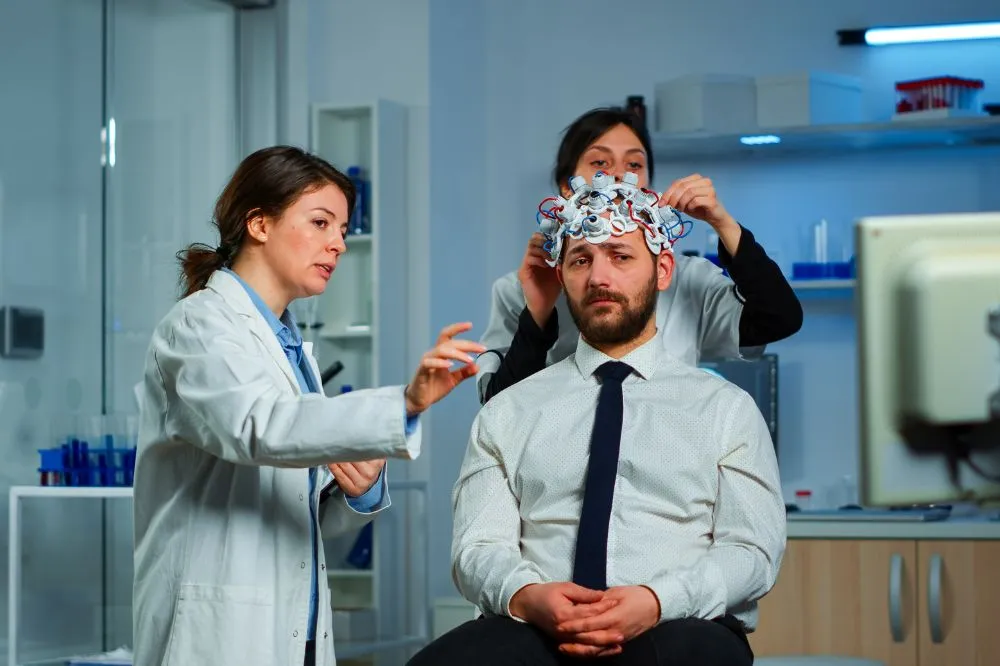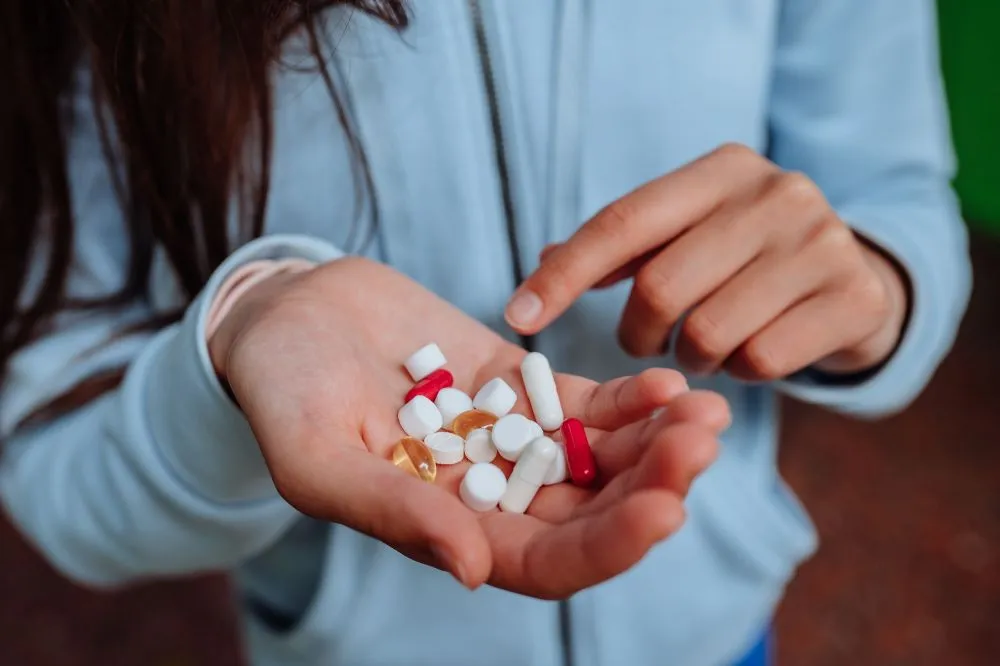Summary: Researchers know that changes in gut microbiota have an adverse impact on mental health management. These changes are among the significant reasons for the rise of common mental health problems. Using germ-free mice, researchers can now understand the role of different types of gut microbiota in mental health. Additionally, they can also start using gut microbiota to manage mental health issues. It means that science can now progress from developing the understanding to practical application.
Different types of mental illnesses like anxiety, depression, amyotrophic lateral sclerosis (ALS), and various neurodegenerative diseases are rising. However, science has been struggling to explain why these mental health disorders have been rising so briskly in the last few decades. It now appears that most adults are living with one or another common mental health problems.
It is pretty easy to guess that it has much to do with a fast-changing environment. These diseases used to be rare just a century back. So, it means that fast-changing environmental factors and lifestyles predispose humans to mental health issues.
However, perhaps the bigger question remains: What kind of environmental and lifestyle changes are causing a rise in mental health issues, what is the role of various such changes, and what is the underlying mechanism?
It is not easy to understand, as tens of factors are implicated in the rise of mental health issues. One such factor contributing to the increase in mental health issues is dysbiosis or severe changes in the gut microbiota. It has been seen that painkiller addiction helps in the rise of such cases as well.
Studies show that changes in gut microbiota may affect physical and mental health. But, understanding what changes cause these health disorders is challenging. There are trillions of microorganisms living in the gut, and health disorders occur due to minor changes in their population. Therefore, understanding these small changes in the population of gut microbiota is very challenging. Nonetheless, researchers have been making some progress.
To understand how gut microbiota influences mental and physical health, researchers use so-called germ-free mice. These are mice that lack any kind of gut microflora. Then by introducing gut microflora in these mice, researchers can see the impact of different types of microbiota on mental and physical health. This helps us understand how and what changes in the gut microbiota are harmful and suggests ways of normalizing gut microbiota.
Researchers now know that gut microbiota produces neurotransmitters, short-chain fatty acids, bile acids, vitamins, lactate, and many other bioactive compounds, thus impacting health. They are now also learning to appreciate the importance of various bioactive compounds produced by gut microbiota, modulating their levels by tweaking the gut microbiota.
In the future, researchers think that understanding how to use microbiota to alter the production of various bioactive compounds may help manage most mental health disorders, from depression, and amyotrophic lateral sclerosis (ALS), to autism spectrum disorder (ASD).
There are many good things about such a therapy. First, it is a more natural way to treat mental health disorders. Such methods may work slowly, but they can provide prolonged relief without causing any significant side effects.
Moreover, it is vital to understand that though there are hundreds of medications to treat mental health disorders, they work only in a small number of cases. Additionally, these drugs cause severe side effects.
Just take the example of depression. There are tens of drugs to treat the condition. Yet, these drugs barely work in less than half of all cases. It means that medications almost completely fail to help in more than 50% of the cases. Even worse, they have many side effects, they help slowly, and people must take these medications for long, sometimes even lifelong.
Unlike medical drugs, novel therapies like using gut microbes may provide prolonged relief. Moreover, once the healthy gut population has been reinstated, one can start living without the need to take any medications. Thus, such an approach is not only safe, but it also helps mental health management.
It is therefore suggested to take expert help in case of common mental health problems. Telehealth addiction treatment offered by Addictionology Center helps you in mental health management right in the comfort of your home.






